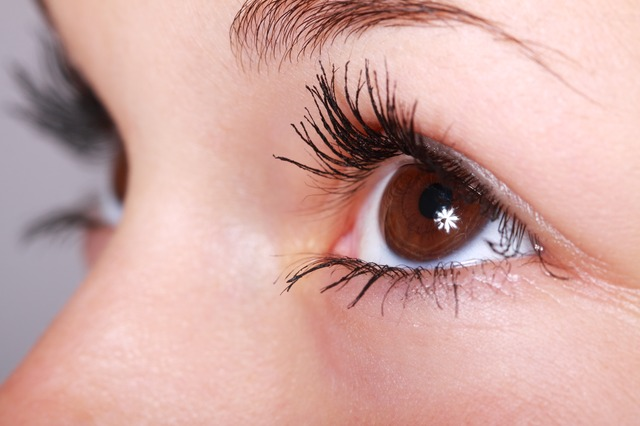Our eyes are certainly something we can take for granted. Until our sight starts slipping, we don’t realize how precious it is. While the aging process may naturally weaken our vision to some degree, it is not inevitable our eyes will fail or we cannot help but succumb to certain conditions.
While there are certainly no guarantees, we can take steps to tilt the scales in our favor. Here are just a few tips to promote healthier eyes.
Get Regular Check Ups
Eyes might fall even lower on the care scale than teeth, and very few people make regular exams a priority. We tend not to seek treatment or guidance from eye professionals until a problem has already surfaced. Research has found that an overwhelming majority of people value their sight as their most important sense but only a fraction get regular checkups.
Yearly exams are recommended, particularly for people over age 40. As your risk of eye conditions like glaucoma and macular degeneration increase, you want to catch problems as early as possible to guarantee better treatment outcomes.

Eat an Eye-Healthy Diet
There are several nutrients that have been linked to healthy eyes, and likely contribute to health in other areas of your body as well, so there is an added bonus. Foods rich in lutein, a substance that is known to protect against macular degeneration (which is the leading cause of vision loss in people over 60.), are key. Examples include dark leafy greens like spinach, Brussels sprouts and kale, as well as dark berries such as blueberries and blackberries.
Foods rich in omega-3 fatty acids are also beneficial as they reduce inflammation in the blood vessels of the eye. Examples include cold-water fish like salmon, walnuts and flax seed.
Reduce Computer Strain
If you are like many people in modern day times, you are spending a good deal of time in front of a computer. This is not great for the eyes to say the least. The strain we put on our eyes from all that close work can not only lead to immediate problems, like headaches, it can damage our eyesight over time.
To prevent this strain overload, you should take a break every 20 minutes where you look at something at least 20 feet away for at least 20 seconds. It gives the eyes a nice rest. All that focus also causes us to blink half as much as we normally would, which keeps fresh tears from coming to the surface, where they help keep your eyes moist and free from irritants.
The Sun Just Doesn’t Damage Skin
Long-term exposure to the sun’s rays can damage your eyes much like it can damage the skin. Over time, the damage from the UV rays can lead to problems like cataracts and macular degeneration. Make sure your sunglasses have 100 percent UVA and UVB protection.
It is important to note the coating that goes on the glasses to offer this protection is clear so how dark the sunglasses are has no bearing on this protection.
